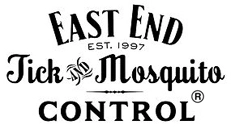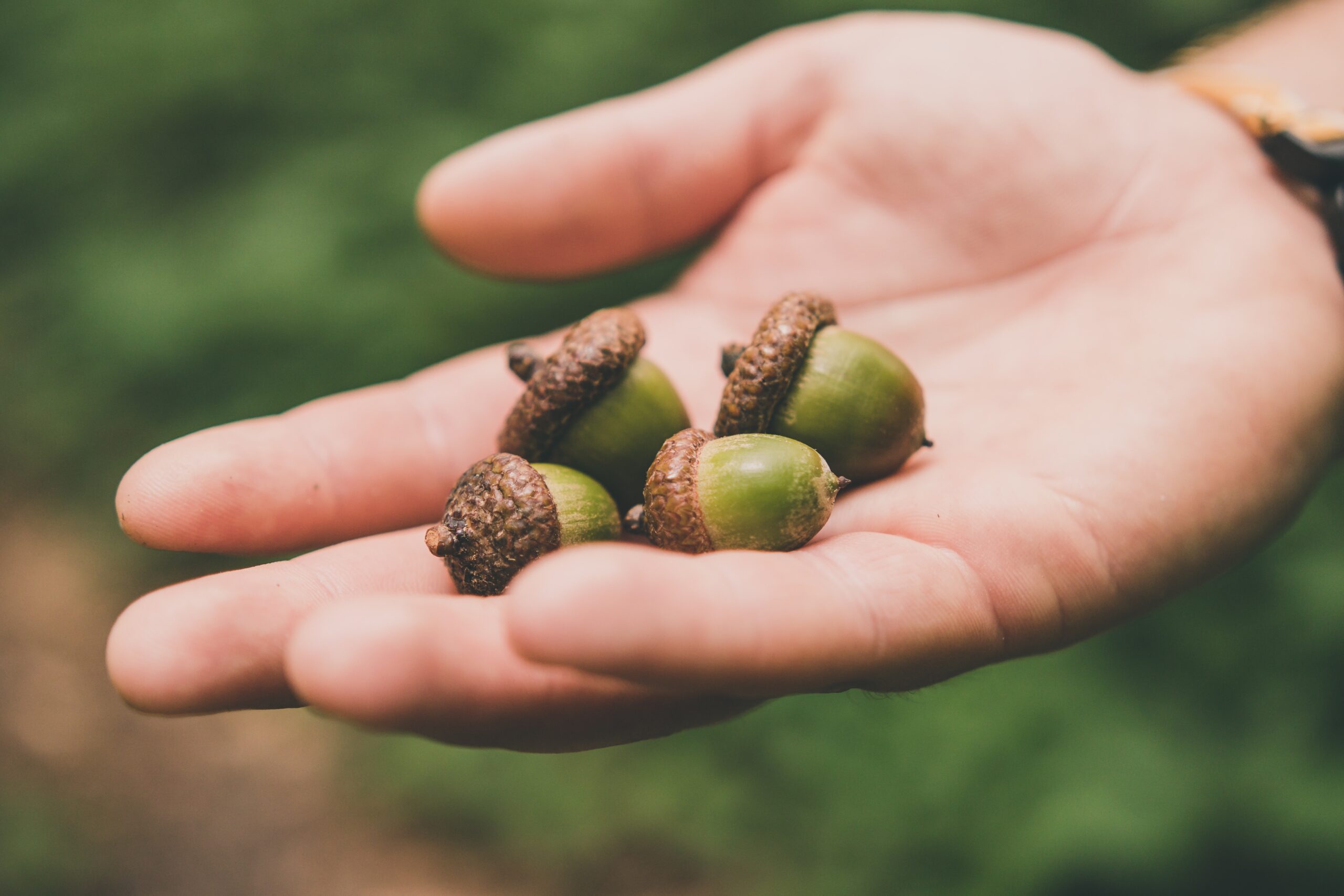How Acorns Affect Tick Populations
2017 has been a crazy year for tick populations. We have been working around the clock here to make sure we can alleviate the problems of residents on the east end of Long Island caused by ticks on their population. In our work, we have found that this year the tick populations have exploded. But why this year in particular? These extra ticks may have come from an unlikely source, the acorn.
Late last summer and in the fall of 2016, oak trees dropped a staggering number of acorns all across the north east of the United States, including Long Island. These oak trees dropped six to ten times the amount of acorns they normally drop. Why is this significant? Because mice like to feast on nuts and acorns. The more food there is for mice, the more mice there will be. What are mice food for? Tick nymphs. When ticks are young, they are no larger than a poppy seed, and many of them end up dying before they find a host to latch onto. With more mice around, more ticks will end up getting out of this difficult stage in the life cycle, where many of them die. As a double whammy of sorts, mice are common carriers of the bacteria that causes Lyme disease.
Once ticks get out of the nymph cycle, they are more likely to try to attach themselves to a larger host such as a deer or a human. Speaking of deer, another common carrier of ticks in the Northeast, they also enjoy eating acorns.
How to Protect Your Property from Ticks
Now that you have been educated on the dynamic between ticks and acorns, you can learn how to protect your family and property from these pesky invaders. Use our tick spraying services to exterminate ticks in any of the stages of their life cycle, and follow our blog for regular advice on how to avoid getting bitten by a tick no matter where you go.
Break the food cycle and rid your property of ticks. If you have ticks on your property or wish to schedule a preventative yard spray, give the experts at East End Tick & Mosquito Control® a call today. For those living near Southampton, please call (631) 287-9700. If you are closer to East Hampton, please call (631) 324-9700. And if you reside near Southold, please call (631) 765-9700. You can always email us as well. We look forward to hearing from you!


